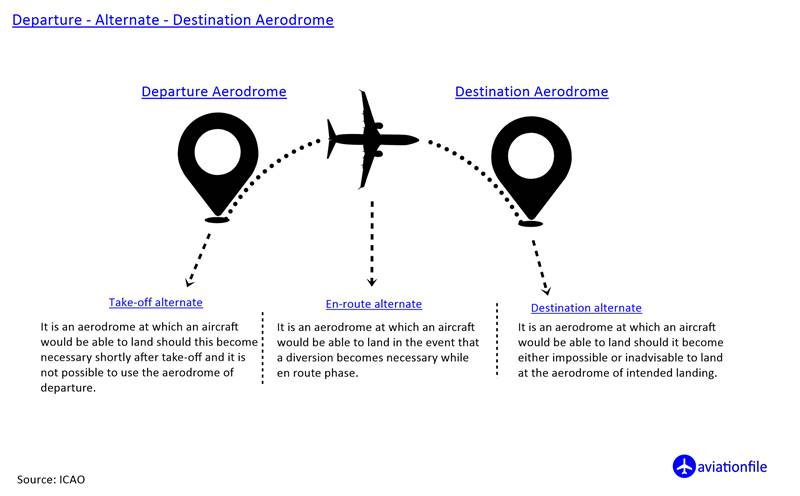AWIS – Aviation Weather Information Service: What You Need to Know
The Aviation Weather Information Service (AWIS) is essential for pilots, airlines, and air traffic controllers. It provides accurate weather updates, forecasts, and reports for safe and efficient flight operations.
What is AWIS?
AWIS stands for Aviation Weather Information Service. It’s a system designed to deliver real-time weather data to those involved in aviation. The information helps pilots make informed decisions about their flight routes, altitudes, and potential hazards.
AWIS includes data on:
- Wind speeds and directions
- Temperature
- Cloud coverage
- Visibility
- Thunderstorms and other weather phenomena
Why is AWIS Important?
Weather is a critical factor in aviation safety. Severe weather can lead to delays, rerouting, or even dangerous situations for aircraft. With AWIS, airlines can monitor the weather conditions at both departure and destination airports, as well as along the flight path.
AWIS improves:
- Safety: Real-time data helps pilots avoid hazardous weather.
- Efficiency: By adjusting flight paths, airlines save fuel and time.
- Planning: Predictive weather models allow for better scheduling and fewer delays.

How Does AWIS Work?
AWIS gathers weather data from various sources, including ground-based weather stations, satellite data, and radar systems. The service processes this data and makes it available to users through multiple platforms, including mobile apps, websites, and cockpit displays.
AWIS and Flight Planning
When planning a flight, pilots use AWIS to get an overview of the expected weather conditions. This helps in selecting the safest and most efficient route. For example, if AWIS reports thunderstorms along a flight path, the pilot can choose to fly around the weather or adjust their altitude.
Benefits of Using AWIS
Here are the key benefits of using the Aviation Weather Information Service:
- Improved decision-making: Pilots get up-to-date information on weather conditions.
- Reduced delays: Airlines can plan around bad weather, reducing cancellations and delays.
- Enhanced safety: AWIS helps in avoiding severe weather, turbulence, and poor visibility.
- Fuel efficiency: By choosing optimal routes based on weather data, airlines save on fuel costs.
AWIS and the Future of Aviation
As technology evolves, AWIS will continue to play a significant role in aviation safety and efficiency. With more advanced weather models and real-time data collection, the service is becoming increasingly accurate and reliable. Future developments may include better integration with autonomous systems and AI-driven weather predictions.
Conclusion
The Aviation Weather Information Service (AWIS) is an essential tool for modern aviation. It ensures that flights are safer, more efficient, and less prone to delays. With real-time weather data at their fingertips, pilots and airlines can make informed decisions that protect passengers and crew, while saving time and money.
Stay informed, stay safe, and use AWIS for better flight planning.


